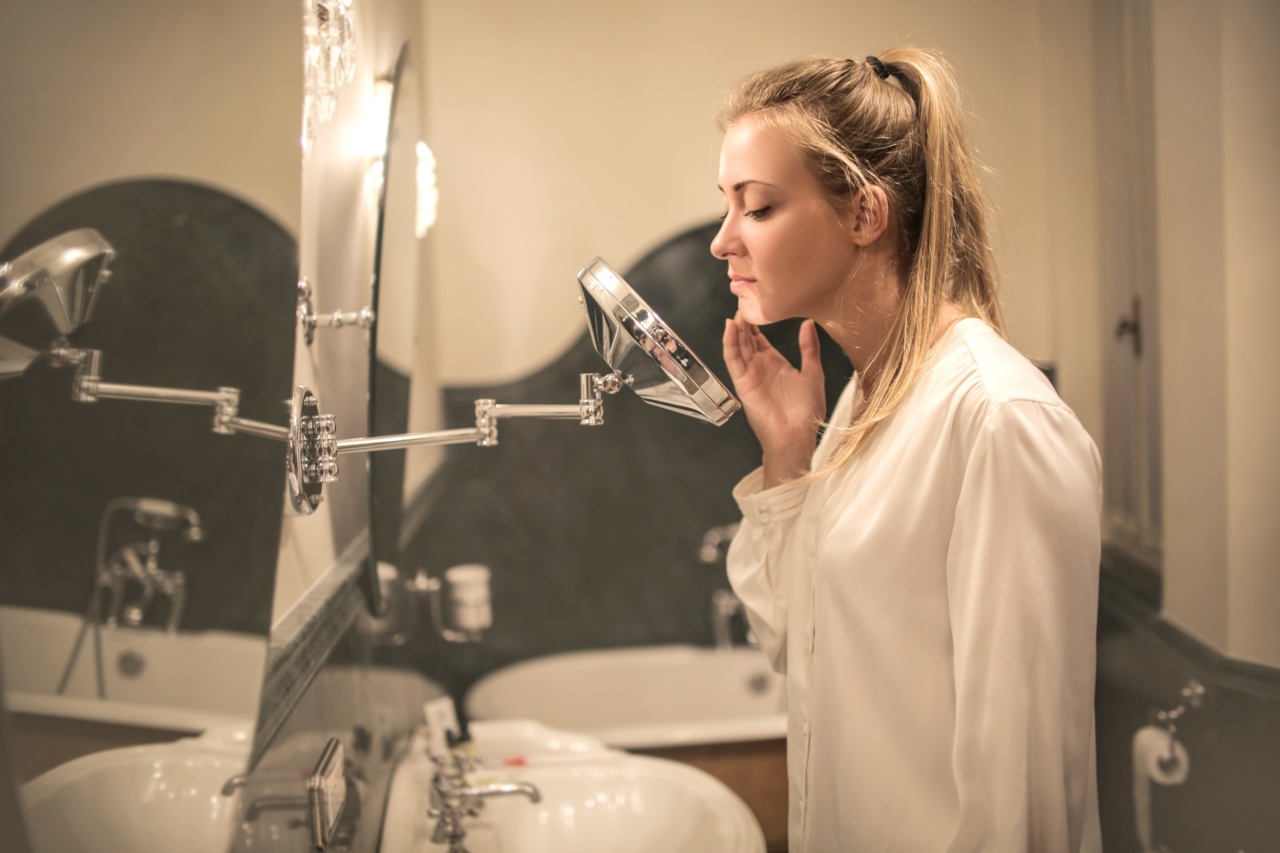Hormonal acne is a common skin condition that affects both men and women, typically during their teenage years and well into adulthood.
It is characterized by breakouts that are primarily caused by fluctuations in hormone levels, particularly androgens like testosterone. Hormonal changes stimulate the production of excess oil, leading to clogged pores and the development of acne.
The Role of Hormones in Acne Formation
Hormones play a significant role in the development of acne. Androgens, present in both males and females, increase during puberty and trigger the sebaceous glands to produce more oil.
This excess oil, along with dead skin cells and bacteria, clogs the pores and causes inflammation, resulting in various types of acne lesions such as pimples, blackheads, and whiteheads.
Identifying Hormonal Acne
Distinguishing hormonal acne from other forms of acne is essential for effective management. Hormonal acne typically appears in specific areas of the face, like the chin, jawline, and the sides of the mouth.
Unlike acne caused by other factors, hormonal acne tends to be deep, painful, and cystic in nature. Additionally, hormonal acne often exhibits a pattern, with breakouts worsening around menstrual cycles for women.
Skincare Tips for Managing Hormonal Acne
Proper skincare is crucial in managing hormonal acne. Incorporating the following tips into your daily routine can help you achieve a flawless complexion:.
1. Use Gentle Cleansers
Choose a mild, non-comedogenic cleanser that won’t strip the skin of its natural oils. Avoid harsh scrubbing as it can irritate the skin and worsen acne.
2. Exfoliate Regularly
Exfoliation helps remove dead skin cells and unclog pores. Opt for chemical exfoliants containing salicylic acid or glycolic acid, which are effective in treating hormonal acne.
3. Moisturize Properly
Although it may seem counterintuitive to moisturize acne-prone skin, skipping moisturizer can lead to dryness and increased oil production. Choose oil-free, non-comedogenic moisturizers to keep your skin hydrated.
4. Incorporate Benzoyl Peroxide
Benzoyl peroxide is a powerful ingredient that targets acne-causing bacteria and reduces inflammation. Use it as a spot treatment or as a part of your daily skincare routine.
5. Limit Makeup Usage
Heavy makeup can exacerbate hormonal acne. Opt for non-comedogenic, oil-free products, and make sure to properly remove all makeup before bed.
Lifestyle Changes to Manage Hormonal Acne
In addition to skincare, certain lifestyle changes can help alleviate hormonal acne:.
1. Maintain a Balanced Diet
Avoiding processed foods, sugary treats, and dairy products can potentially reduce hormonal acne breakouts. Instead, incorporate whole foods, fruits, vegetables, and lean proteins into your diet.
2. Manage Stress Levels
Stress can contribute to hormone imbalances and worsen hormonal acne. Incorporate stress management techniques like meditation, exercise, and adequate sleep to maintain a healthier hormonal balance.
3. Birth Control Pills
For women with severe hormonal acne, oral contraceptives may help regulate hormone levels and minimize breakouts. Consult with a healthcare professional to determine if this option is suitable for you.
Treatments for Hormonal Acne
In some cases, hormonal acne may require additional treatments to achieve a flawless complexion:.
1. Topical Retinoids
Retinoids are vitamin A derivatives that can effectively treat hormonal acne by exfoliating the skin, reducing oil production, and preventing clogged pores. They are available in both over-the-counter and prescription strengths.
2. Antibiotics
In cases of moderate to severe acne, oral or topical antibiotics may be prescribed. Antibiotics help combat acne-causing bacteria and reduce inflammation.
3. Spironolactone
Spironolactone is a medication that can be used for women with hormonal acne that doesn’t respond to other treatments. It works by blocking androgen receptors, reducing oil production, and preventing acne formation.
Conclusion: Attaining a Flawless Complexion
Managing hormonal acne requires a holistic approach that combines effective skincare techniques, lifestyle changes, and, in some cases, medical interventions.
By understanding the underlying causes and implementing these strategies, you can achieve a flawless complexion and regain your confidence.




























